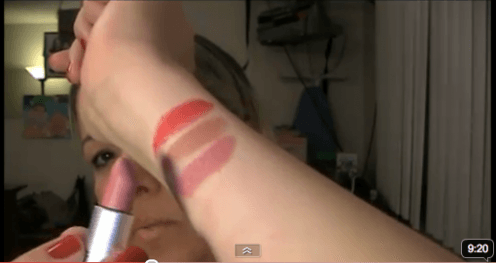Questions I get asked everyday…
By Tom McDonald, on 20 July 2014

Tom asking (or maybe being asked) lots of questions (Photo: Gillian Bolsover)
For the past 14 months I’ve been living in this rural town in north China, conducting ethnographic research on how social media is affecting life here.
However, many people in the town have never had a foreign friend before, let alone one that can speak Chinese. People are extremely inquisitive about me and life in the UK, and I generally spend much more of my time answering their constant questions than I am able to ask them my own research questions and hear their answers.
Below are the questions I tend to get asked on an almost daily basis here in the town. I’ve decided to publish them on this blog partly because even though I am really bored of having to answer these questions again and again, they remain interesting both because they reveal some commonly held ideas that many people in the town hold regarding the rest of the world, while also helping us to learn about some of the important concerns of rural Chinese life (food, family, work, history, politics).
- Why are your eyes blue?
- Why is your skin white?
- Why is your hair yellow? Is it dyed?
- How many brothers and sisters do you have?
- Do westerners just eat bread and drink milk?
- Do westerners always eat raw meat?
- Are you unable to eat Chinese food?
- Wow! How come you know how to use chopsticks?!
- What religion are you? Do all westerners believe in Jesus?
- How much is your salary in a month?
- What is the average house price in the UK?
- What is the area/population of the UK?
- Can you get used to living here?
- Do you miss home?
- How old are you?
- Are you married?
- Why aren’t you married?
- Do you like Chinese girls? Are they pretty?
- Why don’t you get a Chinese wife?
- How many children are you allowed to give birth to in the UK?
- Why does Britain always invade other countries and do whatever America does?
- Do you think the Diaoyu Islands are China’s [territory]?
- Why are you here?
- Are you a spy?
- What cars do you drive in the UK?
- What is the weather like in the UK?
While some people may interpret these questions as showing that people in my fieldsite know very little about the rest of the world, I think the questions make a lot of sense and actually show how interested in the outside world my friends here are.
In addition, the incredulous looks my friends give me when I ask some of our research questions in our interviews, such as ‘does social media increase or decrease your interaction with people who are significantly richer or poorer than you?’ sometimes makes me think us researchers are the ones who are asking the stupid questions.
But then maybe there is no such thing as a stupid question. Almost anything you ask can help start a dialogue which will end up helping you to learn more about the people in your fieldsite. As the old adage goes: ‘one can but ask…’.
 Close
Close





